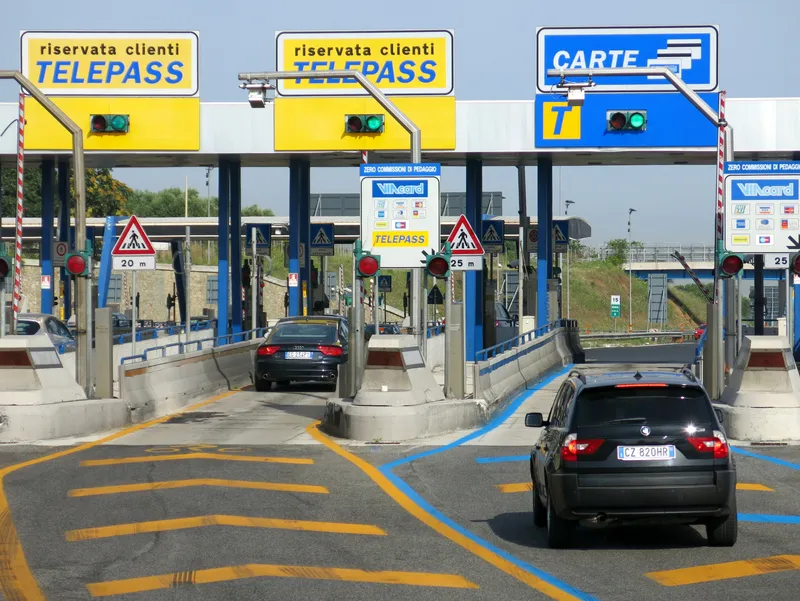Wave and pay credit and debit cards have arrived. In the parking sector, authorities and operators quick to accommodate new contactless payment technology are already benefitting We’re on the edge of a contactless revolution,” declares Parkeon’s parking director for the UK and Ireland Danny Hassett. Parkeon reports a groundswell of customers gravitating to contactless credit and debit card payment for parking, and the company is by no means alone in this.
Use of ‘wave and pay’ technology is on the verge of
May 22, 2012
Read time: 4 mins

Wave and pay credit and debit cards have arrived. In the parking sector, authorities and operators quick to accommodate new contactless payment technology are already benefitting
We’re on the edge of a contactless revolution,” declaresUse of ‘wave and pay’ technology is on the verge of rapid expansion it seems, largely driven initially at least by Barclaycard. The UK has the widest distribution of contactless cards in the EU so far with over 20 million already issued, and all of the UK’s other banks are understood to be currently in the process of phasing in wave and pay capability to their credit and debit cards. The same is being anticipated elsewhere in Europe.
“We believe there is a great future for contactless cards, which is why we are encouraging customers to specify the option, either as original equipment or an upgrade,” Hassett says. “With a processing time of less than a second, wave and pay cards are a quick and easy way to pay for relatively low value transactions.” For parking, this means that motorists do not have to worry about having the right change and are able to pay the exact amount required. By removing cash from the parking operation, contactless cards also substantially reduce revenue collection and handling costs.
At the heart of Parkeon’s contribution to this revolution in payment technology is the company’s MR40 card reader, which allows both wave and pay, and chip and pin (CP) transactions. “It provides a seamless transition from contactless transaction to CP on occasions when card users are asked to confirm their ID with their pin, in order to reduce the risk of fraudulent use of lost or stolen cards.” For security reasons, contactless card transactions are typically limited to a maximum value of £15.
An early adopter of wave and pay technology was Southampton, the UK’s leading port for cruise ships and one of its largest container ports. Southampton City Council has around 300 solar-powered Parkeon Strada parking terminals fitted to handle contactless cards with an appropriate wave and pay card reader.
“We’ve been accepting contactless card payments for over a year now and the system works well. Our customers like it. It’s a quick and convenient way for them to pay,” says the council’s technical manager for city parking and patrol services Jas Sahota.
Parkeon has upgraded terminals with contactless card readers for 15 other UK parking operators. Elsewhere, Milan is the first Italian city to accept bank payment cards in its parking terminals. 500 Parkeon Strada terminals have been supplied and upgraded with the company’s MR40 card readers equipped with a PIN pad and RFID antenna to meet the Europay, MasterCard and VISA (EMV) global standard for processing credit and debit payment chip-based cards.
The Milan terminals will accept PayPass and PayWave contactless cards, together with the local transport authority’s contactless ATM cards, which can be reloaded on the Stradas – of which an additional 1,000 are forecast to be installed during 2012.
Milan’s Parkeon terminals are also equipped with an on-screen, electronic keyboard on which users can identify themselves by entering their vehicle registration plate details. This enables them to pay Milan’s active congestion charge, which includes a free two hour parking ticket. Over 10,000 users are accessing the system every day. Drivers will soon be able to pay parking fines at the terminals too.
In France, Parkeon is completing the upgrade of nearly 800 Stradas in Strasbourg – a solution expected to save the city’s council the task of collecting 46 tonnes of coins every year.
Strasbourg’s terminals are also equipped with near-field communication technology, which will enable handling of payments made by contactless payment-enabled mobile phones, should the council choose to do so. Parkeon believes these new generation mobiles will be the next “big thing” in parking. In the UK, for example, the big three mobile operators recently announced a joint venture, meaning that a contactless payment function will shortly be integrated into mobile phones.








